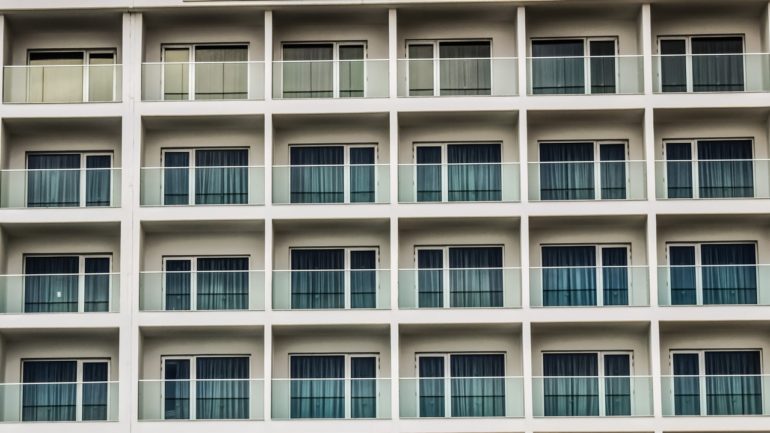Many people dream of having a place to call their own in the bustling metropolis of Bangkok or one of the gorgeous Thai islands. It’s not hard to go through the purchasing process for a lovely Thai apartment, condo, duplex or townhouse. Just follow a few simple steps and your new keys could be in your hand in no time.
One of the first things to do is find a qualified lawyer in Thailand to review all of your documents and advise you on your purchase. A lawyer in Thailand can help to familiarize you with local laws, knows the local language and will make making buying a condo in Thailand simple. Find a verified and qualified lawyer that specializes in real estate transactions in Thailand on Asia Law Network.
In this article, we will cover how foreign-born people can buy a condo, apartment or townhouse in Thailand. The laws regarding buying property in Thailand, meaning buying land and freestanding homes, are different and will be covered in a future article.
Find an agent and select a property
This step will likely be the most fun part of your journey to buying a condo in Thailand. Visit several prospective properties with your property agent or peruse them online via virtual tours if you are buying from overseas.
Ask your agent and lawyer about neighborhoods, nearby amenities, schools, public transportation, shopping and anything else you might need.
Title Investigation
This is where your lawyer steps in. After you have found the condo you would like to buy, ask your lawyer to perform a thorough title investigation. This step ensures that the seller listing the condo is the legal owner and has the right to sell. This is a crucial step to take before entering into any agreements about buying a condo in Thailand.
Each apartment, condo or townhouse unit in Thailand issued an ownership title deed upon completion by Thailand’s Land Department as decreed by The Condominium Act of 1979.
The deed will contain the following information:
1) The full name of the person holding current legal ownership of the unit
2) The dimensions of the unit and it’s position within the building
3) The percentage of ownership of the building’s common property (this establishes the weight of the owner’s vote in building matters)
4) Any mortgages held on the property
5) Signature and seal of a Land Office official
Offer and Deposit
Once the property has been deemed clear to purchase by your lawyer, you may make an offer to the seller. On acceptance, the seller’s lawyer will draw up a purchase agreement. This lays out not only the purchase price but the date of transfer and whether the buyer or seller will pay the legal and tax fees. It is crucial that you have a qualified lawyer review these contracts before you sign anything
At the signing of this agreement, a 10% deposit is expected. Take note that these deposits are rarely held in escrow and are not refundable should the sale be cancelled by you.
Closing on your new property
The property closing should happen within 60 days. Upon closing, the title deeds are deposited with the Land Department. When the registration returns to you with the proper duties paid, you will officially own a condo in Thailand.
We hope this article has given you a better idea of what it takes to purchase property in Thailand. Good luck with finding your dream home!
This article is written by Adrian Mah from Asia Law Network.
This article does not constitute legal advice or a legal opinion on any matter discussed and, accordingly, it should not be relied upon. It should not be regarded as a comprehensive statement of the law and practice in this area. If you require any advice or information, please speak to practicing lawyer in your jurisdiction. No individual who is a member, partner, shareholder or consultant of, in or to any constituent part of Interstellar Group Pte. Ltd. accepts or assumes responsibility, or has any liability, to any person in respect of this article.

